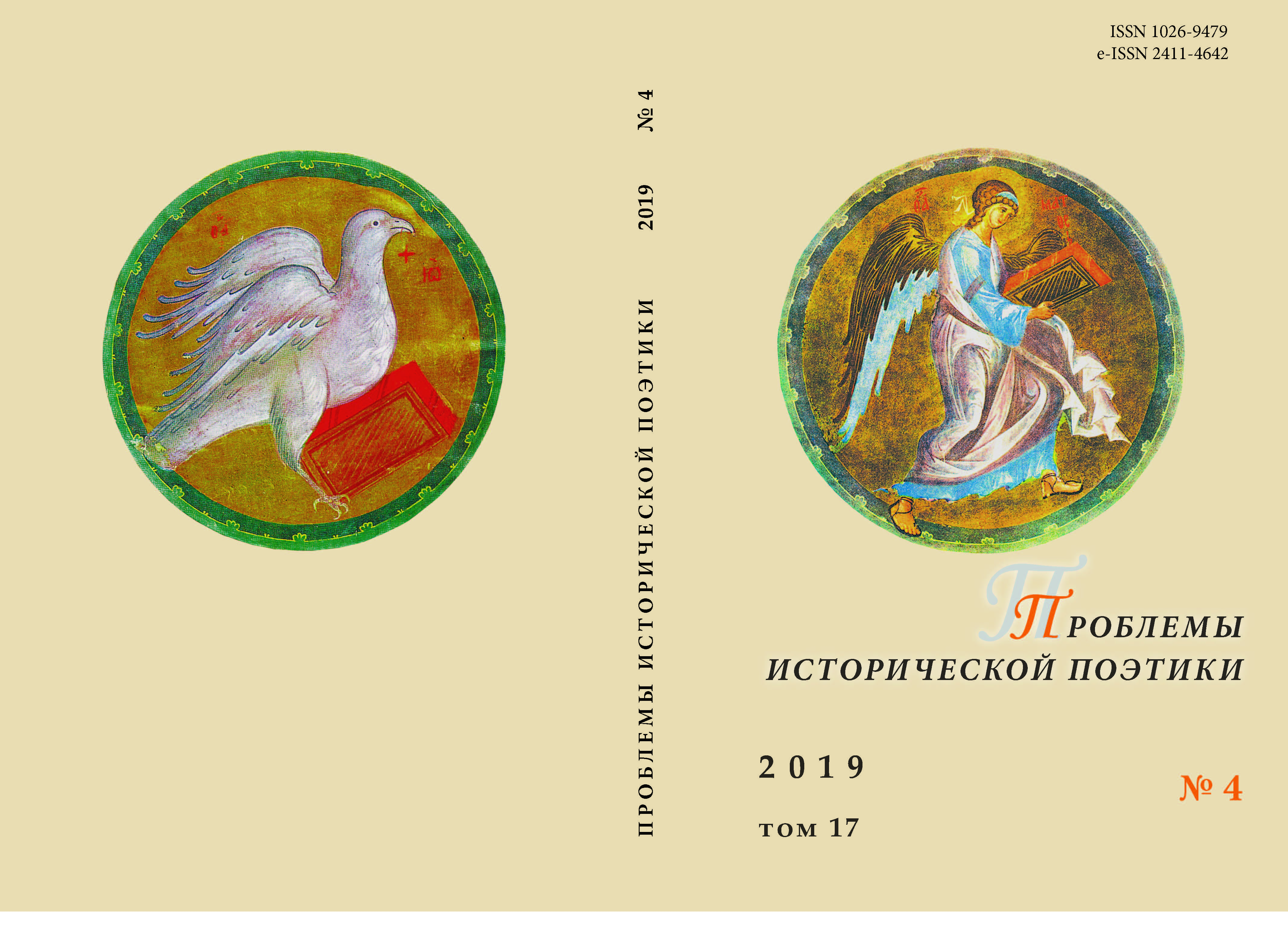«НЕ ЗНАЯ, КУДА МЫ ИДЕМ, И ЗАБЫВ, ОТКУДА МЫ ВЫШЛИ»: РУССКИЕ В РАССКАЗЕ ГАЙТО ГАЗДАНОВА «ПАНИХИДА»
“IN IGNORANCE OF WHERE WE HEAD FOR AND IN DISREGARD OF WHERE WE COME FROM”: THE RUSSIANS IN THE STORY “THE REQUIEM” BY GAITO GAZDANOV
Author(s): Daria B. TereshkinaSubject(s): Language and Literature Studies, Literary Texts, Fiction, Theoretical Linguistics, Studies of Literature, Philology
Published by: Петрозаводский государственный университет
Keywords: Gazdanov; “The Requiem”; Christian realism; liturgical word; Russian expatriate community; language community;
Summary/Abstract: The article offers the analysis of Gazdanov’s story “The Requiem” (1960) in the context of “Christian realism” put forward by V. N. Zakharov as an aesthetic principle. The themes of the spiritual solidarity of compatriots were expressed especially in the literature of the Russian expatriate community. The importance of the article resides in disclosing of a leading idea of the story which main topic is the liturgical word as the basis of the ancestral memory. The thesis about a particular role of the prayer text language as that one expressing the key moments of a human’s life and comprehending them in the terms of a nationwide tradition is brought forward. It is in the nationwide tradition where a person feels involved in other people’s life related to him first via his native speech. By means of the Church Slavic language the protagonist comes to the understanding of the core of the unanimity of the Russian speaking people who ended up outside their motherland. The results of the research are based on the study of the phenomenon of the Russians and the role of the Russian language in alien conditions. Kept in the memory and becoming actual as necessary the liturgical word becomes a sign of the unity among the Russians and expression of the essence of their transcendent (non-temporal, extra-social) existence.
Journal: Проблемы исторической поэтики
- Issue Year: 17/2019
- Issue No: 4
- Page Range: 326-344
- Page Count: 19
- Language: English, Russian

